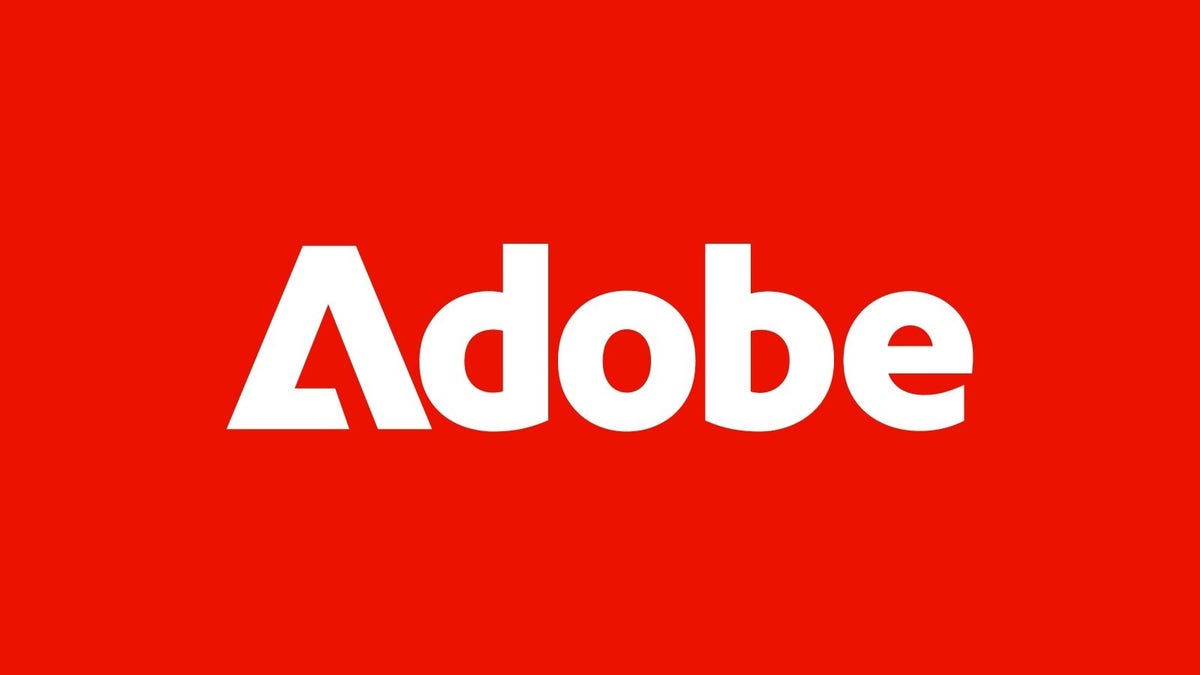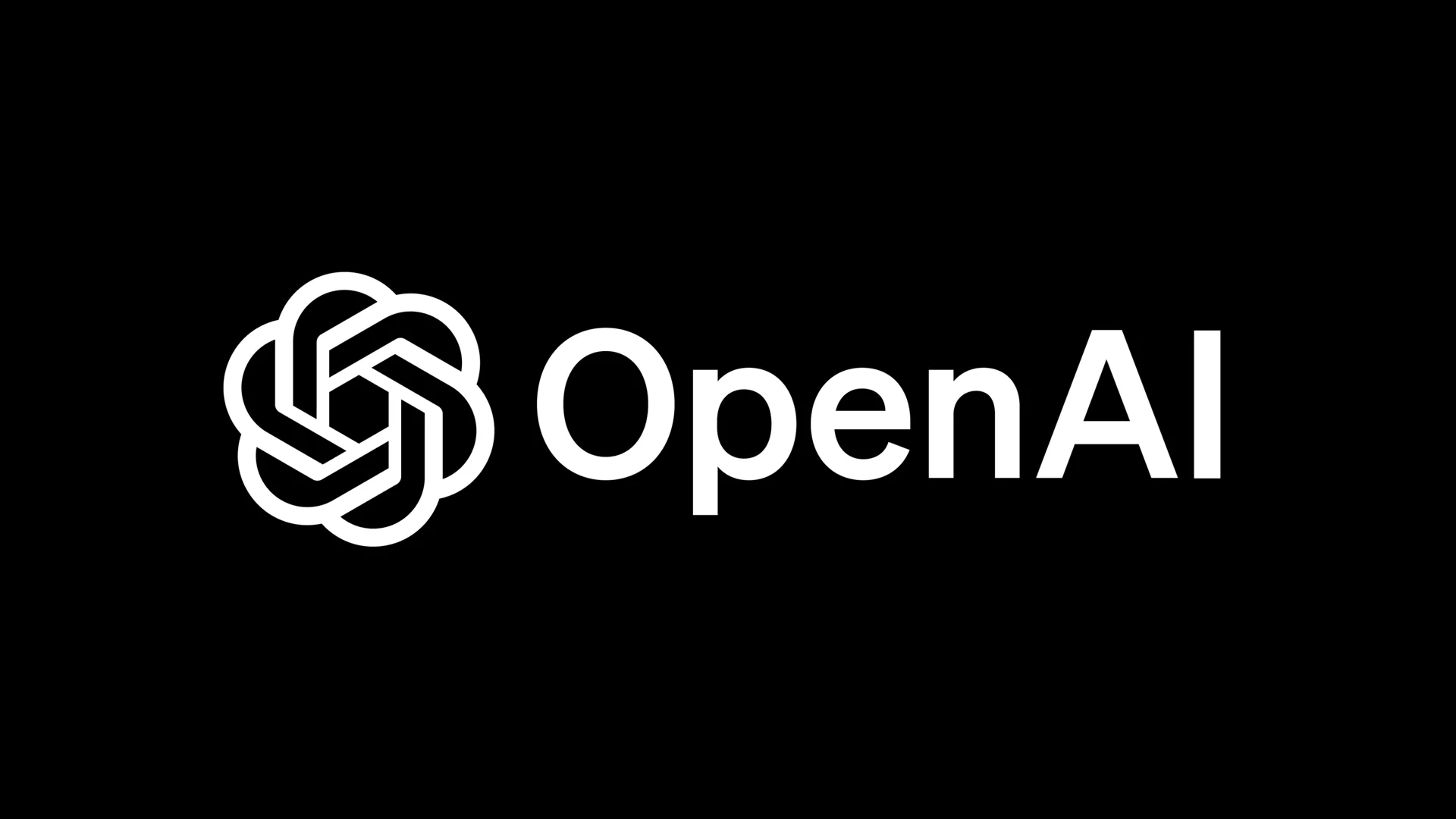The US software company, Adobe, has launched a free version of its Premiere video-editing software for iPhone, bringing professional-level tools to mobile creators. The app is now available worldwide in Apple’s App Store, with an Android release still in development.
A new mobile Premiere app that allows users to edit videos on a multi-track timeline, enhance audio with AI-powered sound effects, and create studio-quality voiceovers. It also offers millions of free multimedia assets, including images, fonts, stickers, and audio files.
Projects can be exported directly to platforms like Instagram, TikTok, and YouTube Shorts, with the app automatically adjusting video sizes for each platform.
Users can start editing on the iPhone app and then transfer their projects to Premiere Pro on a desktop for more advanced refinements. Adobe has also integrated its generative AI, enabling features such as backdrop expansion, image-to-video conversion, and custom AI stickers.
While the app is free, upgrades are available for additional storage and generative credits.
The launch highlights Adobe’s push to make professional editing more accessible to streamers, podcasters, and vloggers.
By blending mobile flexibility with cross-platform collaboration, the company aims to empower creators to produce high-quality content anytime and anywhere.
Would you like to learn more about AI, tech and digital diplomacy? If so, ask our Diplo chatbot!










